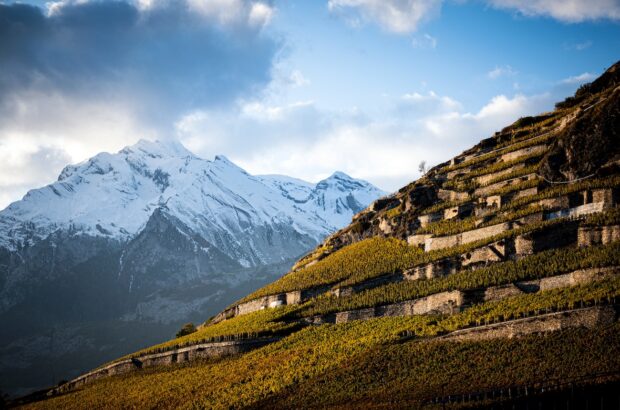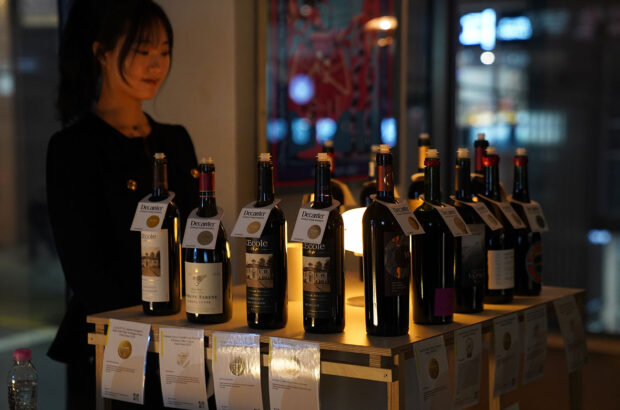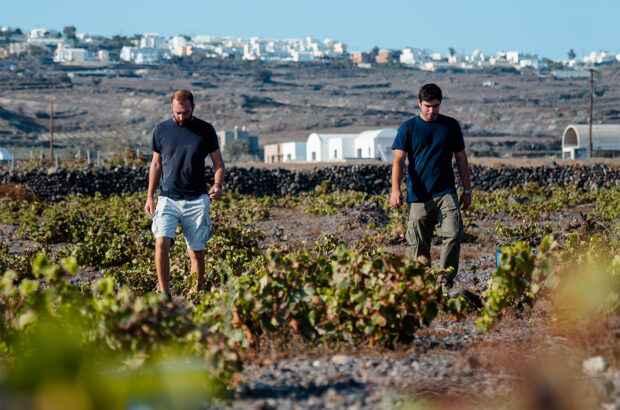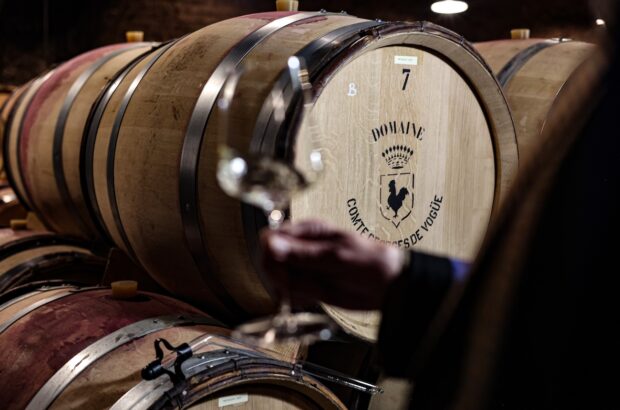Chateau Latour has indicated it will not sell wine en primeur – as a future – from the 2012 vintage onwards.
The Pauillac first growth has sent a letter to Bordeaux wine merchants and negociants saying that the upcoming 2011 campaign will be its last vintage sold en primeur.
Instead, director Frederic Engerer says, the first wine, Chateau Latour, and the second wine Les Forts de Latour, will be sold – through negociants – when they believe they are becoming ready to drink.
Their last en primeur campaign will be with the 2011 vintage.
Engerer’s motivation, according to negociants who received the letter, is partly a response to the increasing desire of consumers for ready-to-drink wines that have been stored in optimal conditions, and partly to be able to offer vintages to the market over a longer period of time.
As a sign of the power that Latour holds within Bordeaux, of the dozen negociants contacted by Decanter.com, none were willing to go on record. Most, however, noted that Latour has been reducing the amount of wine sold en primeur for the past decade, building up supplies at the chateau in anticipation of this strategy.
It was noted during en primeurs earlier this month that a new cellar was under construction at the property.
Most negociants believed the strategy could be successful with emerging markets such as China – where the concept of buying en primeur is still in its infancy – but that it would be more difficult with the traditional markets of England, the US and Europe, who have built up a relationship with the property, sometimes over centuries, and count on large allocations of wine every year.
Some of these merchants, who had bought recent vintages of Latour in good faith en primeur, would now be competing against releases from the chateau itself.
Almost all saw the effect on the end consumer as higher-priced wine, released in small quantities by the chateau to control circulation.
‘If Latour is looking to kill the speculation side of the market,’ one negociant said, ‘then we should applaud the move. But it will be challenging to convince large numbers of consumers to pay current high prices, especially if the wines are sold years after the excitement created by the en primeur tastings has passed.’
Other negociants pointed to the effect on smaller chateaux if the Latour move disrupts the wider system, as their cashflow often depends on en primeur sales.
An owner of one of these smaller estates, however, felt optimistic. Again unwilling to go on the record, he said, ‘As long as negociants make more money on 12 bottles of a First Growth than on the entire production of a cru bourgeois, we will never share their mindset. But if enough 1855 chateaux follow Latour, they may have no choice but to return to the real economy of the smaller estates. This could be great news for the non-speculative estates of Bordeaux.’
Reaction outside of Bordeaux was also more positive. Jancis Robinson said on Friday, ‘So sensible, Chateau Latour’s move to sell wine only when ready. Lucky Pinault (François Pinault, owner of Latour) can afford it.’
Chris Adams of Sherry Lehmann in New York said, ‘My impression of the Latour team is that they are wine lovers committed to making and releasing the best wine possible — so it follows that their being able to assess a vintage as it ages and making a more informed decision about its release date will consistently deliver to the market a wine that has been meticulously cared for with a clearer context for its consumption.’
It is not yet clear if Latour will show the wine during the main en primeur season, or wait to even have it tasted until they believe it is ready to drink. Until things become clearer, most observers feel it is simply too early to comment on the long-term effect.
‘This can’t really be compared to any previous commercial strategy within the Bordeaux system,’ said a courtier. ‘It’s certainly a risk, but whether it pays off, only time will tell.’
Simon Staples, Berry Brothers wine director, said he thought it was ‘a brave decision’ that ‘has been on the cards for a while now’.
But, he went on, it saddened him, as it took the glamour away from the business of selling futures.
‘I don’t think it will help the value of Latour increase in the global market. En Primeur, when it is managed properly – a rare occurrence indeed – with correct pricing and far more importantly, the timings of release, is a beautiful thing to behold. Merchants, journalists and negotiants get excited and in turn get private clients buzzing to buy. Very similar to a major sporting event really but when Brazil, the All Blacks or Barcelona decide not to enter it does take the patina off a little.’
See all Decanter’s Bordeaux 2011 en primeur ratings
Written by Jane Anson in Bordeaux







